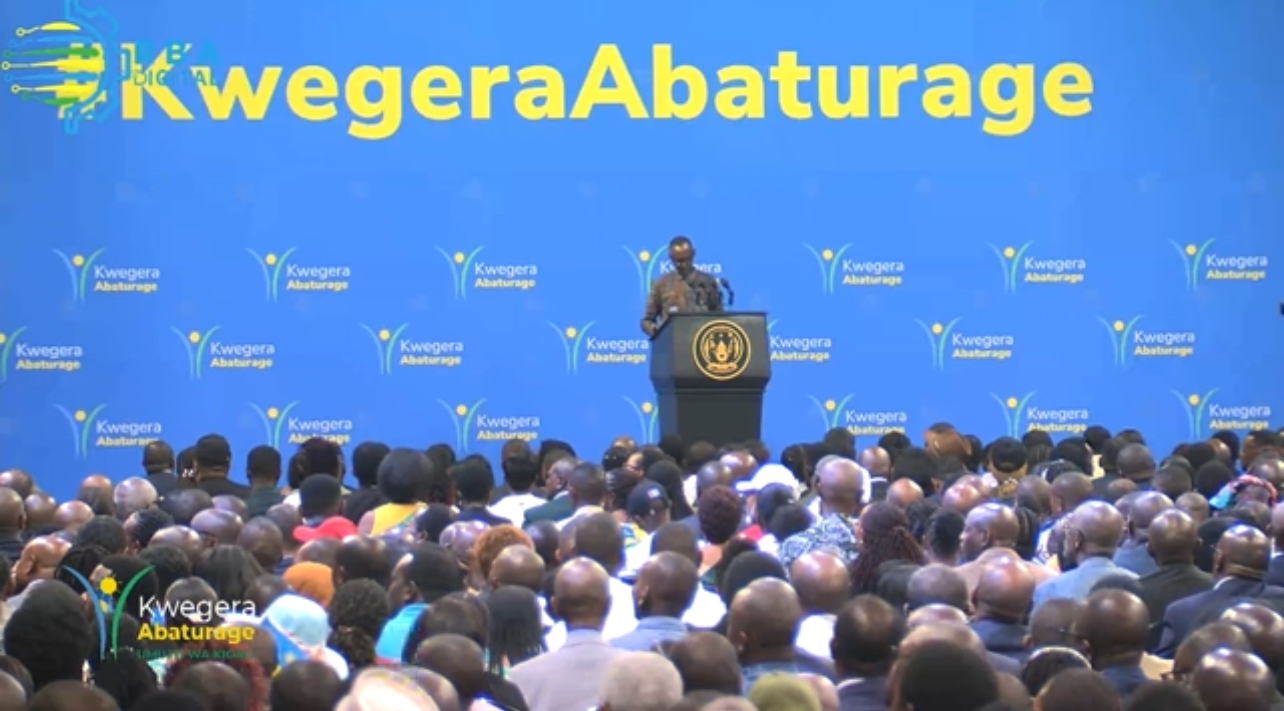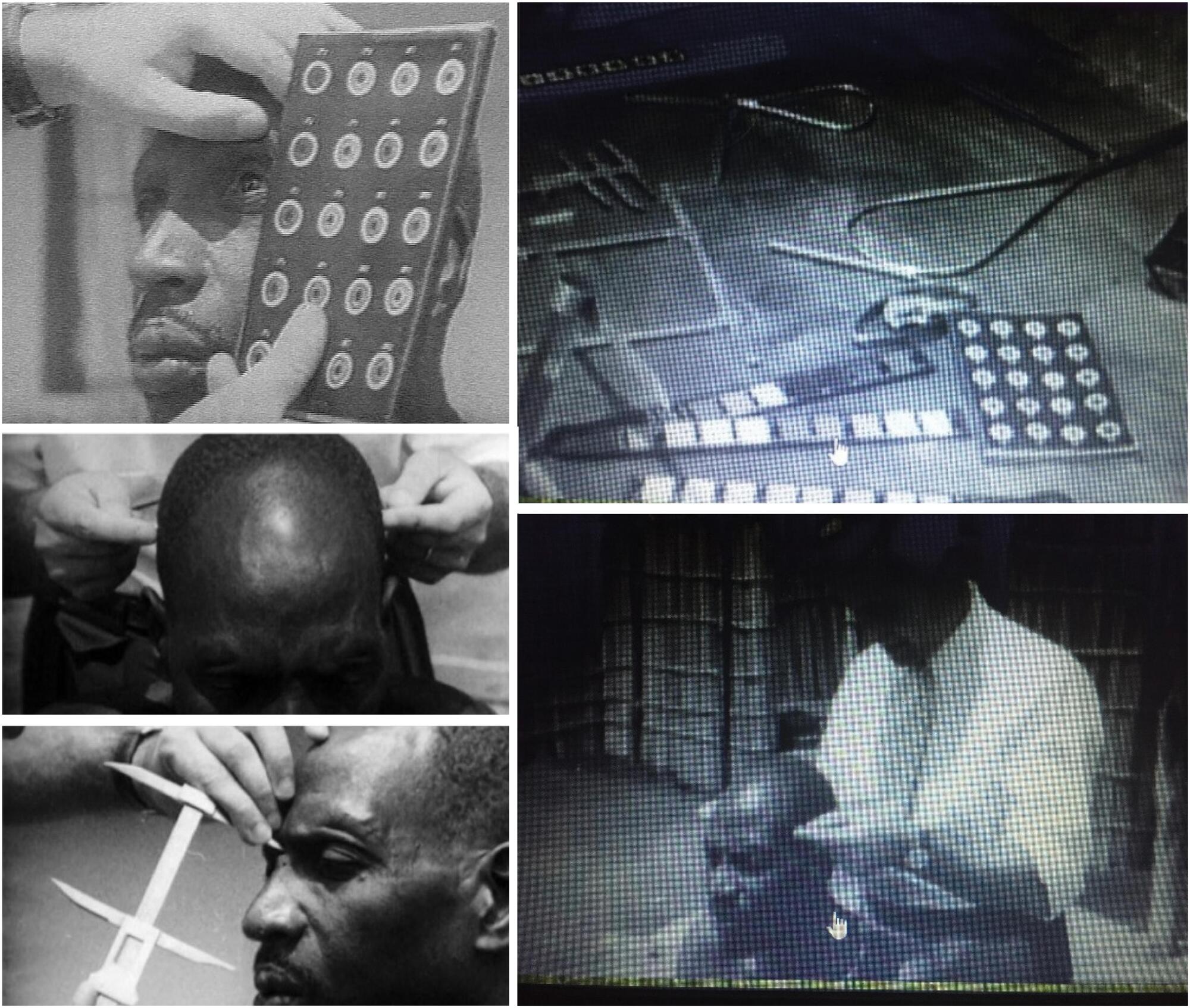It is hard to teach an old colonizer new tricks.
For over a century, Belgium has played the same game in Rwanda—divide, control, exploit, and when that fails, punish. The methods have evolved, but the goal remains the same: Rwanda must never be truly free.
But there is one problem. Rwanda is no longer the pawn it once was.
On the morning of Sunday, March 16, 2025, President Paul Kagame delivered a speech that was as much a history lesson as it was a warning. The target? Belgium. The former colonial master that still sees itself as Rwanda’s overseer, the self-righteous European state that demands obedience while rewriting its own crimes.
“They gather the world against us,” Kagame said, shaking his head. “And yet, do they have no shame?”
A certain Belgian, like many before him, had taken to social media to peddle an old lie: Belgium had no interest in Rwanda; it was merely stuck with it after World War I.
But history is not so easily rewritten.
When Belgium took control of Rwanda from Germany in 1916, it did not do so reluctantly. It did so with a plan—to reshape the nation, dismantle its social fabric, and engineer a system of racial hierarchy. It was Belgium that introduced identity cards in 1935, legally defining Hutus and Tutsis as separate races when, for centuries, they had been part of the same society.
By the time Rwanda gained independence in 1962, Belgium had already set the country on a path of bloodshed. It had spent years grooming political elites who would serve its interests. It had fueled the massacres of 1959, which drove thousands of Tutsis into exile. And then, when independence became inevitable, Belgium did not leave behind a stable country—it left a time bomb.
“They do not want us to live,” Kagame said. “They want us stuck—not dead, not thriving. Just trapped in their game.”
Decades later, Belgium still plays the same game. This time, the battlefield is not Rwanda—it is eastern Congo.
For months, Belgium has not only led international calls for sanctions against Rwanda but has been mobilizing other European countries to stop development assistance and blackmail the country and its leaders, equipped with falsehoods and malicious propaganda.
There is fog. There is smoke. And there is so much noise that the spirit cannot find its way out.
For Belgium, Rwanda is a crime that refuses to disappear, an inconvenient country that survived. It was supposed to be forgotten. It was supposed to be silenced. But here it is, standing tall, shaking off every chain, ignoring every threat.
They do not understand why Rwanda is still here, why it still speaks, why it still breathes. But Rwanda understands. Rwanda knows that history is not just something to be written—it is something to be rewritten, something to be reclaimed.
And that is exactly what Rwanda is doing.
The irony is sharp—Belgium, the very state that still clings to its colonial ego, is now lecturing Rwanda on human rights and governance. The former master is desperate to discipline its former subject. The problem is, Rwanda is no longer listening.
“They accuse us,” Kagame said, “because we refuse to die.”
For all its outrage about Rwanda’s role in eastern Congo, Belgium remains conspicuously silent about the real threats to peace—the FDLR, the genocidal forces responsible for the 1994 Genocide against the Tutsi.
For 30 years, these killers have hidden in the forests of eastern Congo, launching attacks on Rwanda and terrorizing Congolese civilians.
Belgium has never called for sanctions against them.
Belgium has never condemned the Congolese government for arming them.
Belgium has never demanded justice for the Rwandans they have murdered.
Instead, Belgium has focused all its energy on punishing Rwanda—the country that survived the genocide, not the forces that committed it.
“They brought in mercenaries,” Kagame said. “Yes, Europeans. White men, flown into Congo to fight Black people.”
It is a fact that should send shivers down the spine of anyone with a conscience.
The Congolese government, failing to defeat the M23 rebellion, has turned to the oldest colonial trick in the book—hiring foreign mercenaries to crush Black resistance. And Belgium, the very country that once ruled Congo with an iron fist, has said nothing.
Because for Belgium, there are no principles—only power.
Mercenaries are illegal under international law. Yet, when they are deployed to protect Belgian interests, suddenly, the law does not apply.
But Rwanda is not fooled. Kagame made it clear: “We will stand. And we will fight if we must. But we will never again be ruled.”
If Rwanda needed a final lesson on Belgium’s true nature, it was given in 1994.
When the genocide began, Belgium, which had a military presence in Rwanda, did not intervene to stop the slaughter. Instead, it withdrew its troops, abandoning thousands to their deaths. The country that had once claimed Rwanda as its own decided, in its moment of need, that Rwandan lives were worthless.
Thirty years later, Belgium still sees Rwanda as a nation to be controlled, not respected.
But the Rwanda of 2025 is not the Rwanda of 1994. It is not the colony that Belgium once manipulated, nor the fragile state that struggled to rebuild.
It is a country that has risen from the ashes.
And Belgium hates that.
“They wanted us to disappear,” Kagame said, his voice unwavering. “We did not. We are still here.”
And that, more than anything else, is what Belgium cannot forgive.
In Congo, the difference is that it is not Belgium wielding machetes and roasting Rwandophones—but the residue of the Belgian spirit still lurks amidst communities in eastern DRC, Rwanda, and Burundi. Only in Rwanda, the spirit is not welcome.
Rwanda is not a battlefield for colonial ghosts. Here, the spirit finds no home.
And Belgium, for the first time in history, has been dealt a card no former colony has ever played. Recently, Rwanda severed its relationship with Belgium—indefinitely.
A colony refusing to play by the rules. A country that refuses to kneel.
“They think they can take us back,” Kagame said. “They cannot.”
Rwanda has made its choice. It will not be a Belgian puppet. It will not be a European charity case. It will not bow.
Because for over a century, Belgium’s power came from keeping Rwanda weak.
Now, Belgium must learn a bitter lesson:
A Rwanda that refuses to kneel is a Rwanda that cannot be conquered.




















